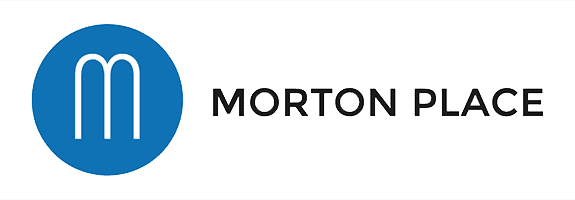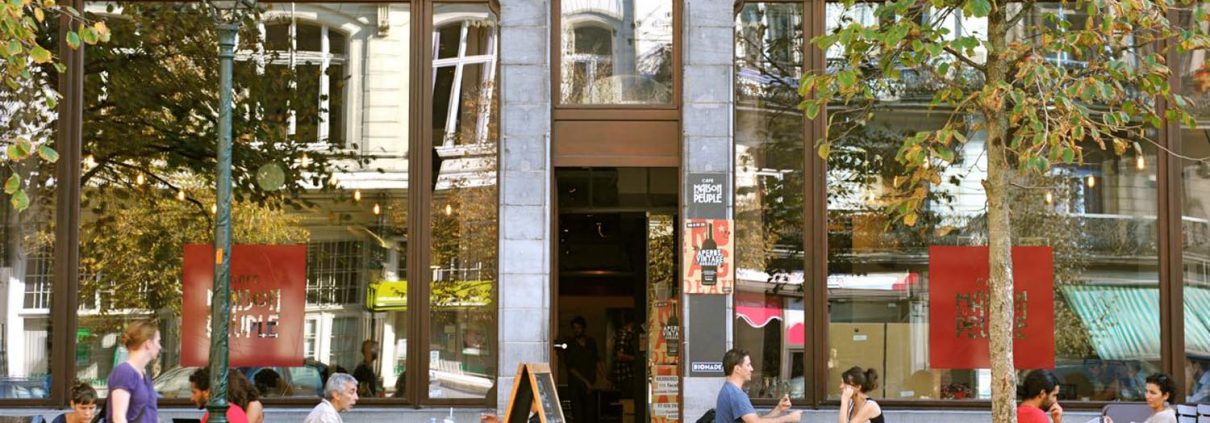Brussels Newcomer Essentials: Your Pre‑Move Checklist
Brussels Newcomer Essentials: Part 2 – To‑Do Before Moving ✈️
By now, you’ve done your big‑picture preparation and made key decisions (see Part 1: Know Before You Go ➜). It’s time to focus on the practical steps you need to complete in the final 2–12 weeks before departure.
This stage is about execution: booking, packing, and preparing so you land in Brussels ready to hit the ground running.
1. Finalize your housing arrangements (8–12 weeks in peak season, 6–8 weeks otherwise)
Housing is one of the most competitive parts of relocating to Brussels, especially in peak move‑in months (September/October, January, and March). Properties move quickly, so start searching and aim to sign your lease 8–12 weeks in advance during these busy periods.
If you’re moving off‑peak, 6–8 weeks is usually enough. But don’t delay: quality housing options in good neighborhoods are in high demand.
- Temporary accommodation: If you can’t secure a lease before arrival, pre‑book short‑stay accommodation (serviced apartments, coliving, or Airbnb) for at least 2–4 weeks.
- Confirm domiciliation: Ensure the property allows domiciliation, which is essential for your legal registration.
- Ask about utilities: Clarify whether utilities are included and if charges are fixed (“forfait”) or reconciled annually.
- Check furniture and bed sizes: Belgian mattress sizes can vary. Ask what’s provided so you know whether to bring your own sheets.
Tip: If you already have a signed lease, you can book your commune appointment before arriving. This can save you weeks of waiting and allows you to register soon after you land.
Read our neighborhood guide to choose the right area ➜
2. Prepare and organize your documents
Brussels admin can be detail‑oriented. Avoid delays by preparing the documents you’ll need for your commune registration, bank accounts, and everyday life:
- Passport or ID (plus multiple copies)
- Lease agreement or proof of address
- Proof of employment or sufficient financial means
- Health insurance documents and prescriptions
- Any required visas or work permits (if non‑EU)
Store both printed and digital copies (e.g., in cloud storage and on a USB). If your documents are in a language other than English, French, or Dutch, consider getting certified translations.
3. Make sure your phone and banking work from day one
One of the biggest frustrations for newcomers is being disconnected or unable to pay for things during their first days.
- Phone: Check if your current mobile plan includes affordable EU roaming. If it doesn’t, arrange a temporary eSIM (Airalo, Holafly) so you can use data the moment you land. You can switch to a Belgian SIM card (Proximus, Orange, Base) once you’re settled.
- Banking: Many foreign bank cards charge fees. Open a Wise or Revolut account before departure so you can make local transactions without extra costs. If you’ll be staying long‑term, you may also need a Belgian bank account (ING, KBC, BNP Paribas) for rent payments and direct debits.
4. Pack smartly for a furnished home
Most newcomers rent furnished flats or coliving spaces, so there’s no need to ship large amounts of furniture. Instead, focus on bringing items that will make your first weeks comfortable:
- Bedding: If you prefer your own, bring sheets, pillowcases, and duvet covers – but check bed size first.
- Personal items: Small items like photographs, books, or a favorite mug can make a furnished space feel like home.
- Essentials: Pack enough clothing and toiletries for at least 2–3 weeks, so you don’t need to rush to the shops.
Tip: Vacuum bags help you maximize luggage space for bulky bedding.
5. Handle healthcare and insurance
Your access to Belgian healthcare only starts once you’ve registered with a local mutualité. Until then, you’ll need coverage:
- If you’re an EU citizen, bring your EHIC card.
- If non‑EU, arrange short‑term international health insurance to cover the gap between arrival and registration.
- Bring any important prescriptions and copies of your doctor’s notes (especially for glasses or ongoing medications).
6. Tie up loose ends at home
Before you leave, take care of the practicalities in your home country:
- Cancel or transfer memberships, subscriptions, and insurance policies
- Redirect your mail or set up forwarding
- Notify your bank and tax authorities of your move abroad
- Make arrangements for anything you’re leaving behind (storage, house sitters, etc.)
7. Plan your arrival logistics
- Book flights or trains early to secure better fares.
- If you’re traveling with multiple suitcases, arrange an airport transfer in advance.
- Save key addresses (your accommodation, commune, and work location) on your phone for offline access.
8. Build your social and professional network
Settling in is easier when you already know where to meet people:
- Join expat Facebook groups or communities before arrival.
- Pre‑book language classes or a coworking membership if working remotely.
- Explore Meetup or Eventbrite for professional events or hobby groups in Brussels.
What’s Next?
When you’ve ticked off this checklist, you’ll be ready to land in Brussels with confidence. In
Part 3: To‑Do When You Arrive ➜, we’ll guide you through the first steps after landing: registering at your commune, setting up healthcare, and building your life in the city.
Sign up for our newsletter to get each part of the series straight to your inbox – plus downloadable checklists and insider tips from Brussels locals.
Thinking about coliving in Brussels?
If you’re looking for a flexible, furnished housing option that already allows domiciliation and connects you with a ready‑made community, coliving might be the perfect fit. At Morton Place, we welcome professionals and newcomers year‑round.
Explore our coliving houses ➜

 MP Holdings
MP Holdings MORTON PLACE
MORTON PLACE
